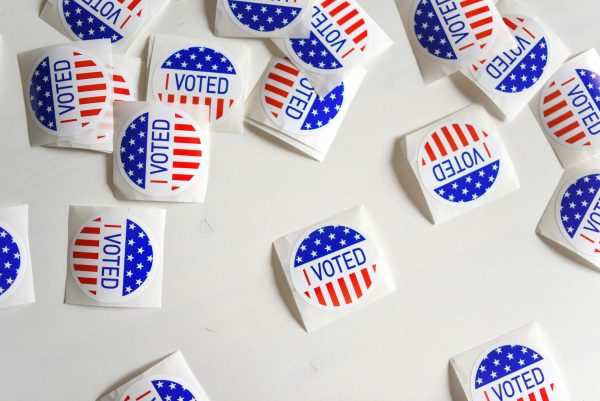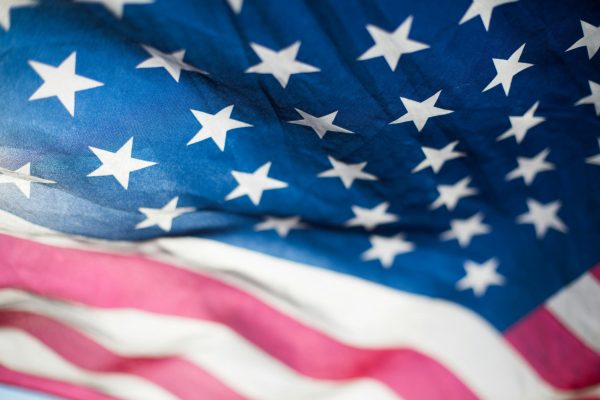Tribalism is Destroying our Society
Social divides have stained both America and our community
Opinion Of: JAMIE KIM (Web Chief)
Tribalism: Consciousness and loyalty, especially the exaltation of the tribe above other groups (Merriam-Webster)
An act of loyalty can signify a good heart and moral character. However, when loyalty is too fierce, it loses the principle of self-sacrifice and results in a fractured society. Our modern society is proof of extreme loyalty, which translates to “tribalism”; today, individuals pledge loyalty to their “tribe” solely based on their politics, race, and religion, with the motive to vanquish the enemy.
We live in a society that no longer tolerates differing opinions. When disagreements arise, we promptly force ourselves to defend our beliefs while attacking and denigrating those whose values do not align with ours. The binary polarization of our society has divided us into two groups: black and white, right versus wrong, and us against them. And the wall that divides our society is becoming thicker and higher.
The EL community has become a victim to tribalism when facing issues regarding racism. The most prominent examples in the past year have been the racial slur written in pollen on the back of a student’s car and the racist comments that have resurfaced on social media.
When the news of these incidents was released to the public, many members of the EL community responded with aggression and personal offense. My social media page was filled with phrases such as “you are racist,” “this is disgusting,” and “what is happening to the environment created in this town?”
While feeling anger is a common emotion when racist incidents occur – and an understandable one – there are better alternatives than attacking the perpetrator physically and verbally. Instead of perceiving and seeking out ways to solve the issue, many people nowadays turn to hate, which serves as fuel for their existing beliefs. While approaching insensitive situations with peace and love rather than violence and hate may seem unrealistic at this moment, we must rebuild our community with this goal in mind of being solution-based. Even now, Dr. Martin Luther King’s philosophy of nonviolent resistance is remembered widely, forging an effective model of love over hate.
The idea of “cancel culture” stems from this attack motive, the “movement” where a community tries to remove a person’s status based on offensive behavior and transgressions. While cancel culture has become a trend within Millennials and Generation Z, it has affected people of all ages, ranging from the most famous celebrities and politicians to the students and adults in our local community.
According to the Harvard CAPS-Harris Poll, 64 percent of respondents said that cancel culture is “threatening their freedom.” The poll found that “54 percent of respondents said they were concerned that if they expressed their opinions to the public, they would be banned or fired” (The Hill). Cancel culture has allowed social media to give criticism on social issues. The movement focuses on the wrongs rather than trying to correct them.
The American identity theoretically embraces the idea of a coexistence, not based on race, sex, or religious and political beliefs, but on a unified citizenship based on shared values and ideals. The country’s values of liberty, equality, and individualism should not be condemned simply by differing opinions, as unity and the sole definition of what it means to be an American is lost. People must learn to see through the lenses of kindness, understanding and forgiveness, attitudes that reflect empathy and compassion rather than anger.
Tribalism has clouded rational judgement and has furthered the social divides in our country. Our polarized society needs to transform. The key to changing the current state of our divided country is respect and acknowledgment of the differences that we all bring into this world.
Your donation will support the student journalists of East Lyme High School. Your contribution will allow us to purchase equipment and cover our annual website hosting costs.


